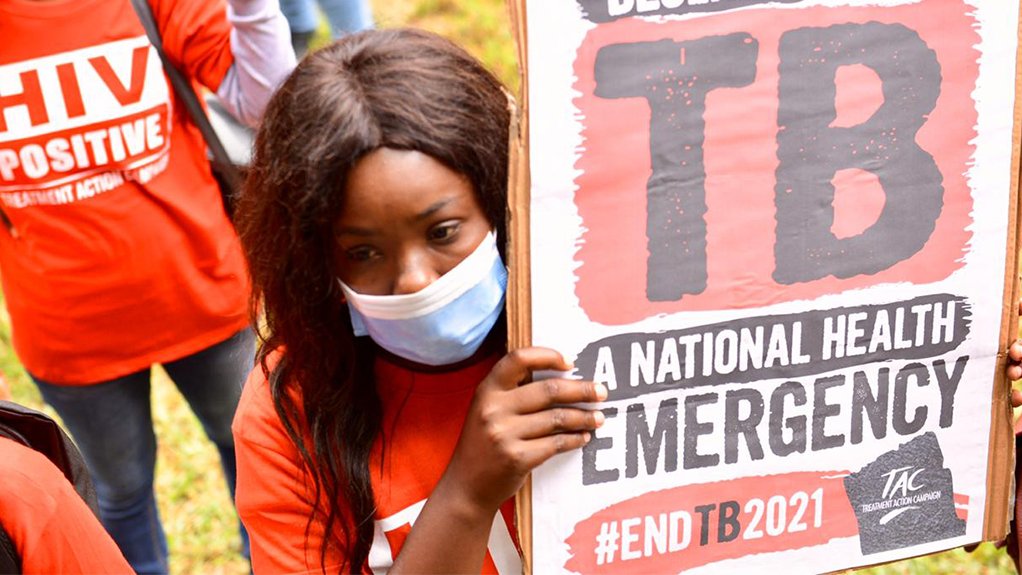- Tackling governance gaps to improve care3.70 MB
Ahead of World TB Day, on Friday, the TB Accountability Consortium (TBAC) has launched its yearly 'State of TB' report which focuses on strengthening governance of TB programmes and the grassroots-level community-led governance approach.
The report is titled ‘Tackling governance gaps to improve care’ and provides insight into how governance impacts TB outcomes at the national, provincial and district levels.
The organisation, which reported funding from the Bill & Melinda Gates Foundation, also reflects on South Africa's progress in implementing the TB recovery plan.
Recent World Health Organization (WHO) statistics highlights that 304 000 people contracted TB, but only 174 000 were diagnosed with the disease.
Of those initiated into treatment only 78% successfully completed their treatment.
Sadly, over 55 000 people are estimated to have died from TB.
“In response to this crisis, the National Department of Health, supported by the National TB Think Tank, and prompted by civil society, has released a TB recovery plan. It aims to reverse the losses incurred during the Covid-19 pandemic and associated lockdowns,” TBAC said.
The organisation’s report also details the importance of community health care workers who in most cases deal with the affected communities on the ground.
One of the overwhelming positives within the TB community is that there has been a concerted effort to make the TB Recovery Plan a priority despite many challenges.
TBAC project officer Sihle Mahonga said that the report outlined a lack of transparency around the National Strategic Plan, as well as the new TB Recovery Plan.
The lack of transparency makes it difficult for people to question the implementation of these plans and to hold those who are responsible for its implementation to account.
Another factor outlined in the report is the disconnect between the national and provincial governments, resulting in no clarity on how the National TB Recovery Plan is implemented.
While the trickle-down effect is problematic for the TB response, the TBAC report also shows that there is also a lack of consistent community involvement in the TB response.
Collectively, these issues all compromise the management of the TB response. The end result is that the policy framework is not met with effective implementation, adequate support and strong oversight so that there is accountability.
With this report, TBAC hopes to cast light on some of the biggest gaps in the implementation of the TB response and how this affects its governance.
While the report was intended to give policymakers an idea of how the lack of governance played out at a regional, provincial and district level, it had a broader purpose: to strengthen the grassroots-evel community-led governance approach, said Mahonga.
Report Attached
EMAIL THIS ARTICLE SAVE THIS ARTICLE ARTICLE ENQUIRY
To subscribe email subscriptions@creamermedia.co.za or click here
To advertise email advertising@creamermedia.co.za or click here











